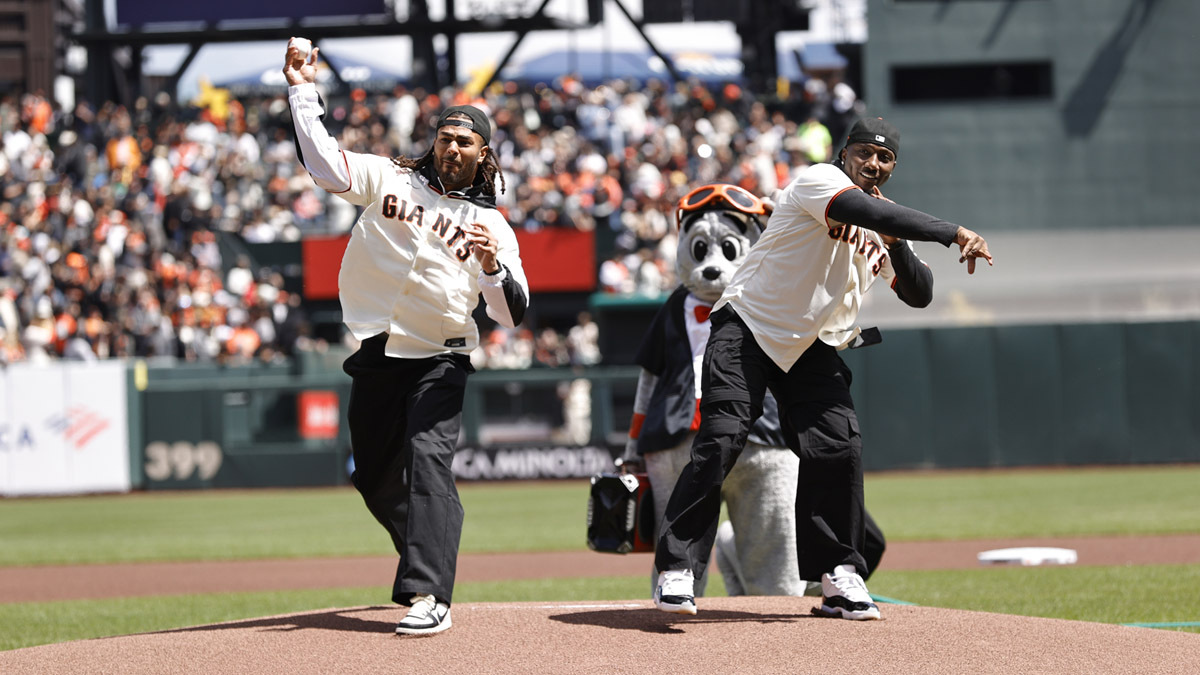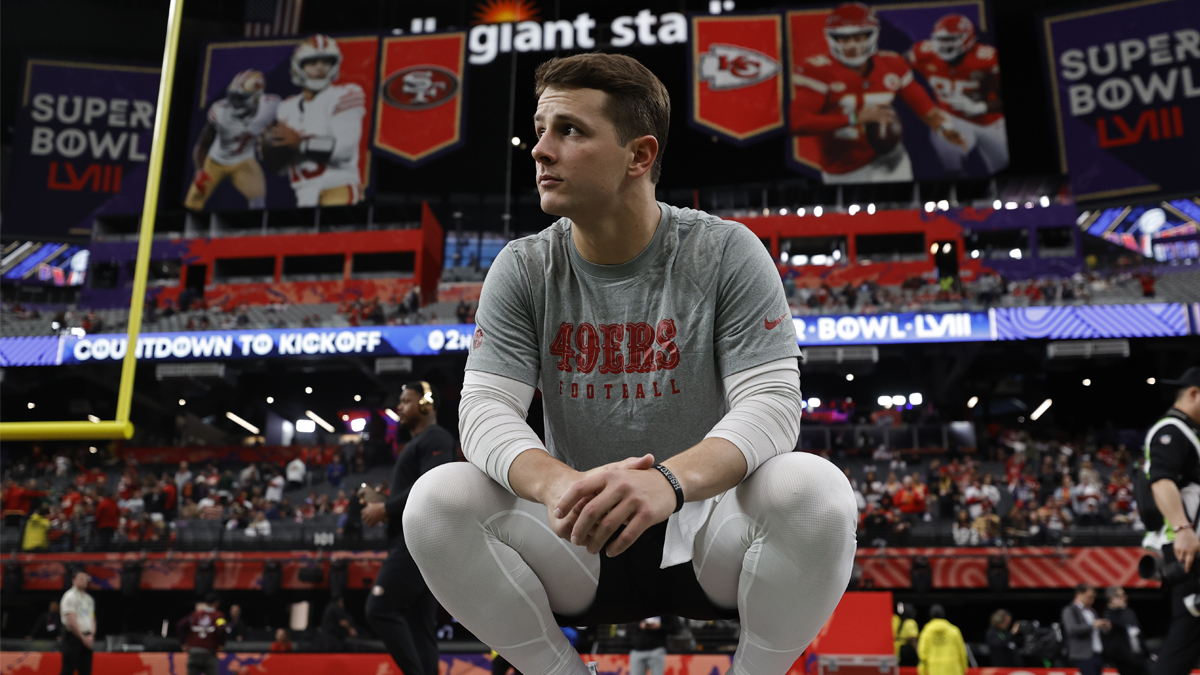Arik Armstead felt helpless watching video of George Floyd's death in Minneapolis police custody on Memorial Day.
The 49ers defensive end said he teared up watching as Floyd, a 46-year-old Black man, called for his mother and pleaded that he couldn't breathe with a police officer's knee pressed into his neck for nearly nine minutes. As Armstead continued to watch, unable to stop the events unfolding on his screen, the 26-year-old's feelings quickly morphed into frustration and anger.
"Like, why do I have to continue -- why do we have to continue to see people that look like us get murdered on social media and on the TV?" Armstead told Logan Murdock and Monte Poole on the latest episode of "Race In America: A Candid Conversation," which airs Friday night at 8 p.m. PT on NBC Sports Bay Area. " ... I'm on Instagram, and I just got to see another Black person get killed unjustly."
Stay in the game with the latest updates on your beloved Bay Area and California sports teams! Sign up here for our All Access Daily newsletter.
[RACE IN AMERICA: Listen to the latest episode]
Floyd died a little over three months after Ahmaud Arbery -- a 25-year-old Black man -- allegedly was followed and murdered by two white men while he jogged in his Georgia neighborhood, and just over two months after Louisville police fatally shot Breonna Taylor -- a 26-year-old Black woman -- as she slept in her home. Arbery and Taylor were unarmed, as was Floyd.
People have demonstrated across the country and around the world in protest of police brutality and racial injustice, with the deaths of Floyd, Arbery, Taylor and numerous other Black people at the front of their minds. Black Americans are more likely to die at the hands of police, due to the coronavirus and even in general than white people, and global protests are bringing the devastating effects of systemic racism, including police brutality, to bear.
"It's saddening, it's frustrating and I think you see what's going on in our country and how frustrated people are," Armstead continued. "People are tired. The younger generation of people, they're woke, you know. They're willing to fight and do whatever to start seeing some remnants of equality in this country because minorities have not had that."
San Francisco 49ers
[RELATED: How to watch "Race In America"]
In the wake of the protests, the white officer who pressed his knee into Floyd's neck now faces charges of second-degree murder, third-degree murder and second-degree manslaughter. Three other officers at the scene were charged with aiding and abetting the second-degree charges, and all four were fired a day after Floyd's death. The Louisville Metro Council unanimously banned "no-knock warrants" on Thursday, though none of the officers who carried one out at Taylor's home have been charged or arrested.
There also are growing calls in cities across the country to reform, defund, dismantle or abolish police departments, as well as to redirect resources to underserved communities. Elsewhere, city and county leaders have officially declared racism a public health crisis. But in many ways, the work towards racial equality is only just beginning.
Armstead said the present moment is alternately frustrating and motivating. Many moments are "deep and heavy," he explained, but he can't help but be inspired by the countless people who have made their voices heard.
"Sometimes you'll be like, 'Man, it's never going to change,' " Armstead said. "You know people stuck in their ways, and then you're motivated when you see people protesting and fighting for what they know is right. And that motivates you to do your part. We all play a part in this, even if that's just having 1-on-1 conversations in your household to just start changing people's hearts."


